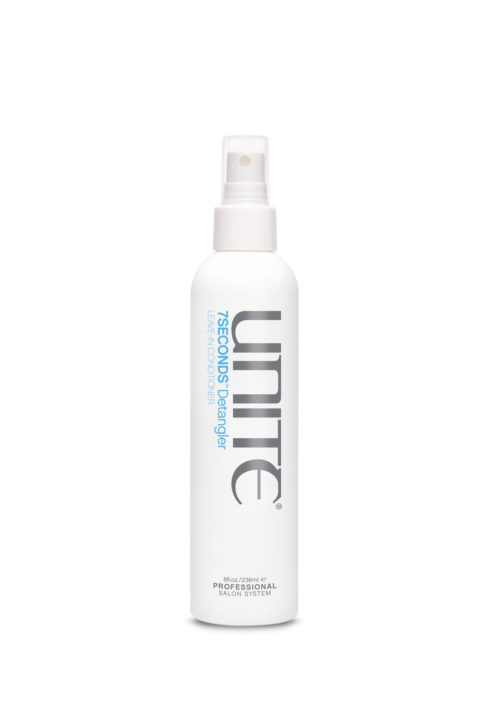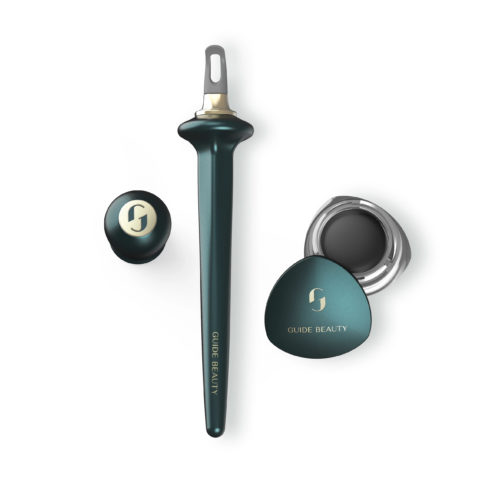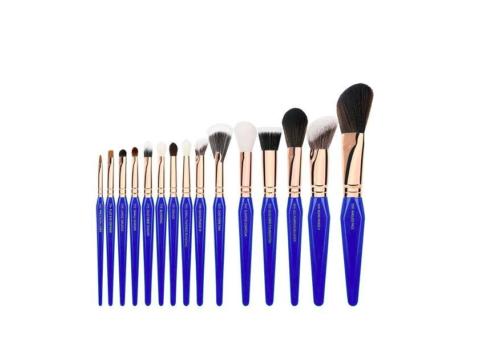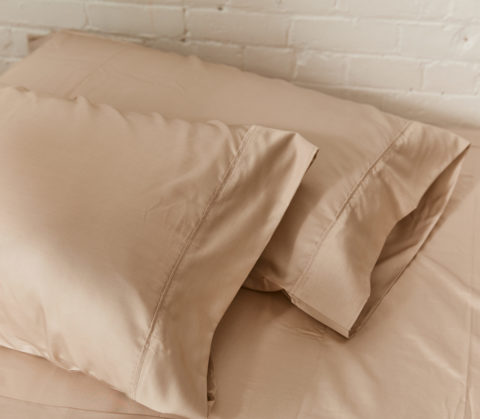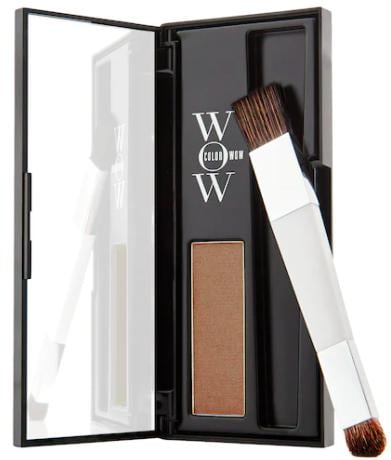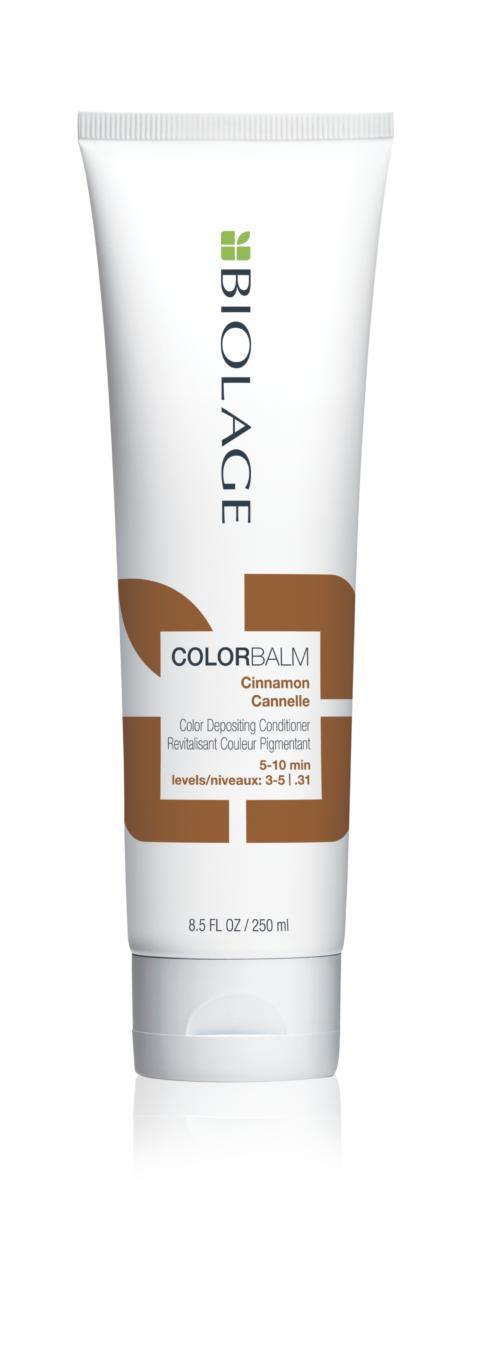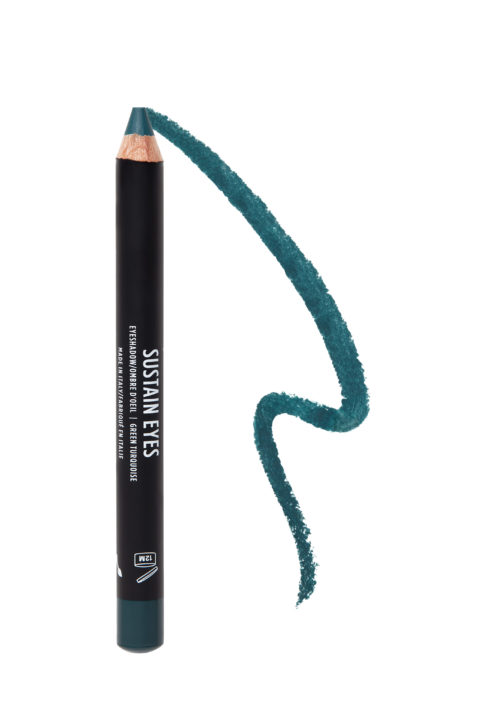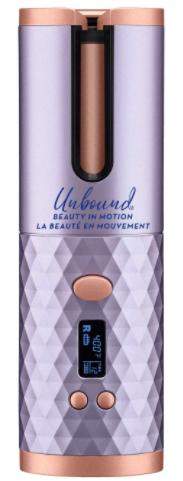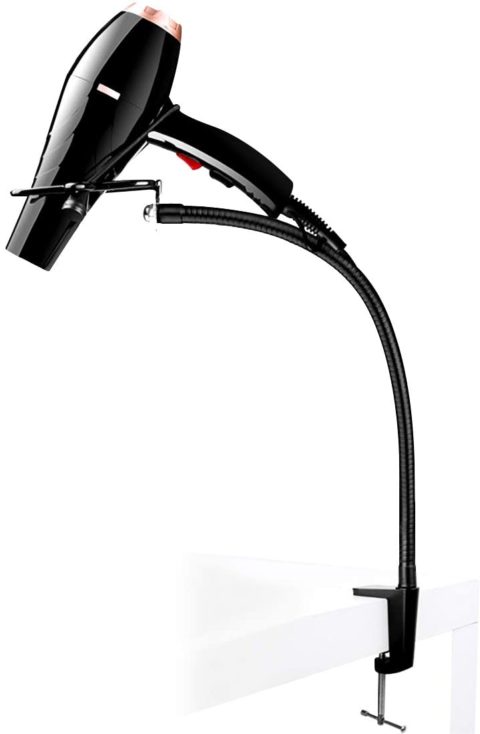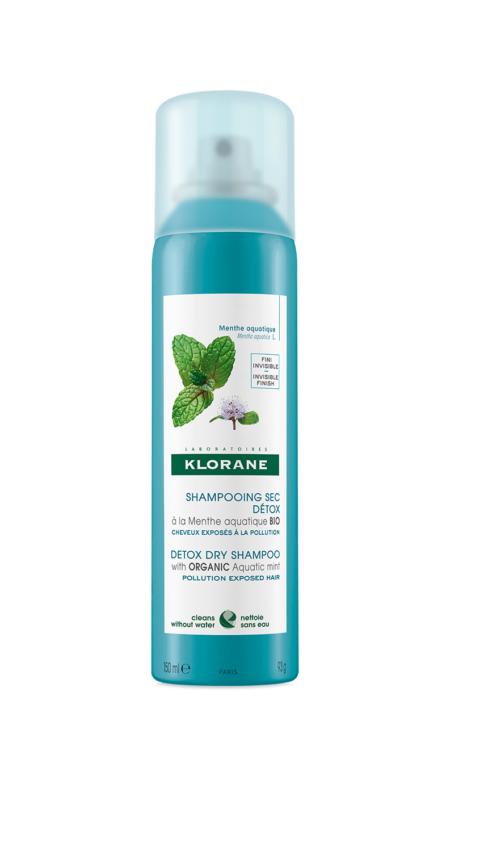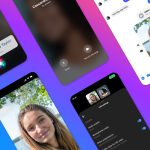As those with mobility and accessibility needs know, mastering the skill (and sometimes strength) required to get the hair and makeup looks you long for without a few hacks here and there can feel like an unfair struggle. “There are so many people who don’t call themselves disabled or consider that they have accessibility needs, but they might have hand tremors from normal, daily tasks such as typing all the time or simply ageing,” says Bella Strange, a pro makeup artist, who along with expert hairstylist Susan Shipley, is appearing on Fashion Dis, a new show that features head-to-toe makeovers for those seeking adaptive solutions. We asked Strange and Shipley about the many face and the hair and makeup tools and formulas that can potentially make your daily beauty routine a lot more accessible.
What are some common accessibility issues with makeup packaging?
Bella: “A lot of skincare and makeup brands use glass bottles, which is understandable, but they can be heavy and hard to handle if you don’t have a lot of strength in your arms and hands. If you drop it, it’s a huge mess. Twist-off caps are also really challenging for a lot of people to manage.”
View this post on Instagram
What about regular haircare maintenance?
Susan: “Not everyone has the energy to wash and style their own hair. Some might not have the strength to lift their arms, or for others with chronic illness, sometimes just having a shower is exhausting. As a hairstylist, it’s important to consider which haircuts can make our disabled client’s life easier and more enjoyable. For example, if you have really curly hair, ask you stylist for a cut that will still look great with minimal product when it’s air dried.”
What are some other tips that hairstylists should consider when they have clients with accessibility needs?
Susan: “Start by having a discussion. Can you provide alternate seating or any accessories that would make washing their hair in the salon easier? If your client is having their colour done, consider creating a take-home kit so they can refresh their haircolour at home. That way, they can visit every eight weeks, instead of every four.”
What are some solutions that could make makeup and other products more accessible?
Bella: “I usually have to cover the tops of components in duct tape so it has more surface area I can grip. Easier-to-open makeup packaging with magnets would be great. Also, lids with a ring-like design on the top would allow you to hook your finger through for easier access.”
What are some other beauty resources those with disabilities should consider?
Bella: “It’s easy to give up when you don’t think there are any solutions, but when you start looking, there are actually a lot of blogs and message boards you can use to get great tips. There are people out there who want to help and are interested in sharing what they’ve learned. It’s about making your life easier because we’ve already gone through so many challenges. Beauty is supposed to be about fun and confidence, it shouldn’t be something that seems scary and frustrating.”
Fashion Dis premieres Wednesday, February 9th at 8 p.m. EST on AMI-tv, AMI.ca and the AMI-tv app.
Click through the gallery for some of Bella and Susan’s favourite accessible hair and makeup solutions:
The post Accessible Hair and Makeup Hacks (and Why We Need More) appeared first on FASHION Magazine.
Powered by WPeMatico

